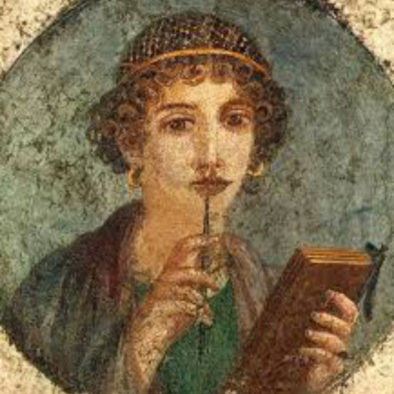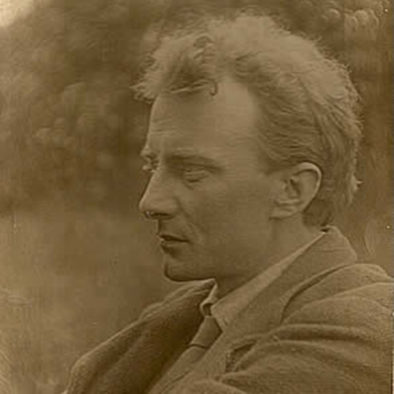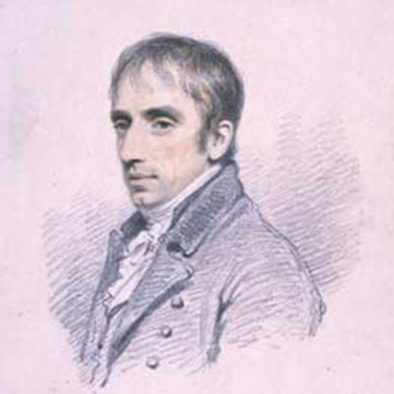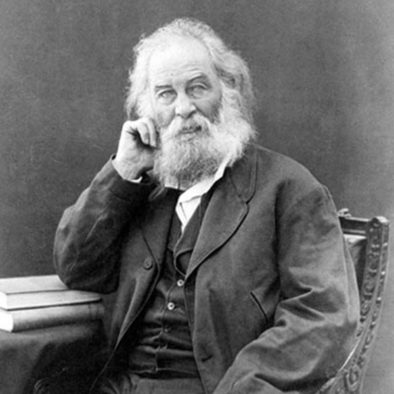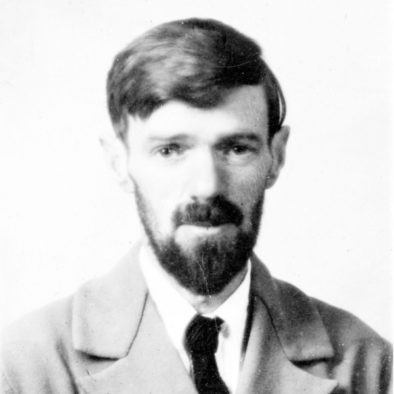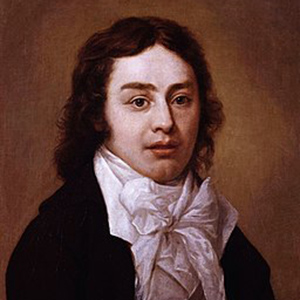John Donne
- 90 minutes in two parts
-
Bookable now. To book, click the green or blue Buy Now button to your right.
Venue: Online – £10/$12 for this online talk
The link giving you access to this lecture will be sent out after your booking has been received. You will have the choice of a YouTube video or a downloadable audio podcast.
Donne - World Poets series
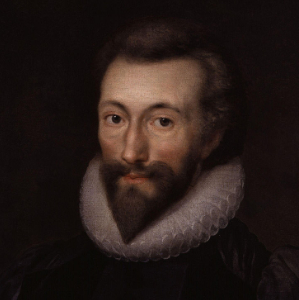
And what an intimate, colloquial, fearlessly presumptuous address reducing those millions of cosmic miles to a face within earshot of a jibe thrown out of a terrestrial window at someone looking in.
Which makes it all the more astonishing that Donne went off the radar of English poetry for any time at all, let alone for more than 250 years from his death in 1631. Then in 1899, the inspirational critic Arthur Symons declared: “Donne’s quality of passion is unique in English poetry, . . . a rapture in which the mind is supreme, a reasonable rapture. . . This lover loves with his whole nature”.
If that didn’t tip the nation back to loving Donne, then Eliot did, in a stirring essay, The Metaphysical Poets, in 1919. Suddenly there was a bridge linking reason and passion. People felt befriended by Donne in their confusions, and Donne’s own future, as one of our greatest national poetic treasures ever since, was, in that moment, assured.
‘No man is an island’, said Donne. A challenge to our fantasies of separateness. His declaration “Be thine own palace, or the world’s thy jail” has lost none of its thwack. His exciting fearlessness of invention electrifies the journey in this John Donne talk, which will celebrate the two-handed poetic pianism of Donne’s passion and reason, his marriage of human love and religious belief, and his capacity for building meanings with a seemingly limitless variety of words, images and musics. Donne the rebel Elizabethan who re-made poetry, did it his way then, and is, to this day, cool
Tickets £10/$12
for this online talk The recording is now available online. The link giving you access to the lecture will be sent out after your booking has been received.
Have a Question?
Feel free to contact me - I'm happy to answer any questions you may have.
John Donne is the seventh in the 2020 series of lectures specially recorded by Graham during the lockdown for release online to bookers. Recordings of all ten are now available.
See Events Currently Scheduled for full information on each recording, available as either a YouTube video or a downloadable audio podcast, and how to book.
Scheduled Events
Check all current events
Contact Us
...if you're interested in an event that isn't scheduled
Top picture: John Donne and his wife lived (1600-1604) in this Elizabethan summer house on the River Wey at Pyrford, Surrey – photograph by Suzanne Knights
Second picture: John Donne, late 17th century copy of a 1616 work by Isaac Oliver (died 1622), National Portrait Gallery, London
Donate
Make a donation to Graham's work

